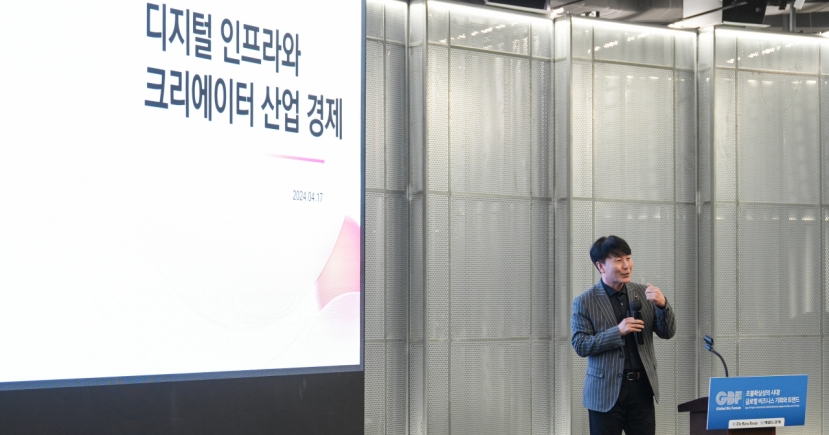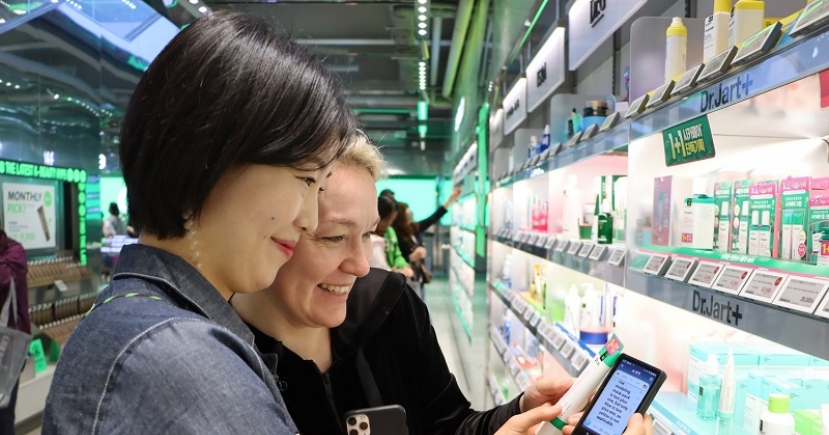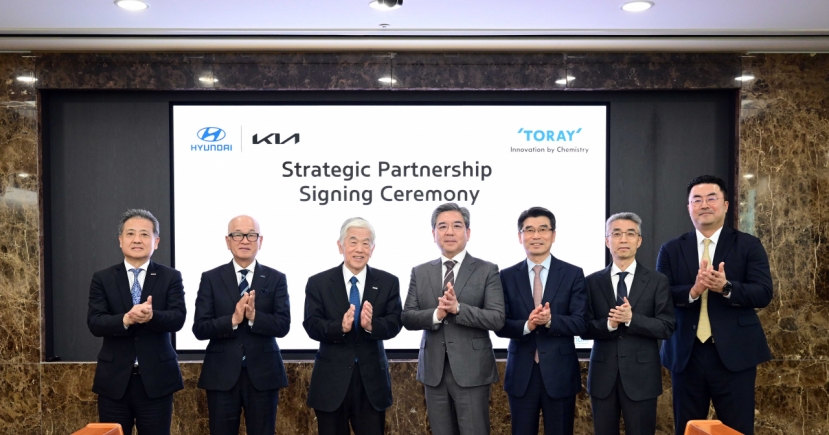Automobiles
Hyundai Motor’s China sales halve amid THAAD row
[THE INVESTOR] Hyundai Motor, the world’s fifth-largest carmaker headquartered in Seoul, saw its sales in China tumble by half last month, amid intensifying anti-Korean sentiment there over the South Korean government’s decision to host an US anti-missile system.
Hyundai Motor and its sister company Kia Motors sold a total of 72,032 vehicles in China in March, a 52.2 percent decrease from a year ago. Separately, Hyundai Motor saw its sales fall 44.3 percent, while Kia suffered a 68 percent decline in sales, according to industry sources. Hyundai officials in Seoul confirmed the figures were correct.
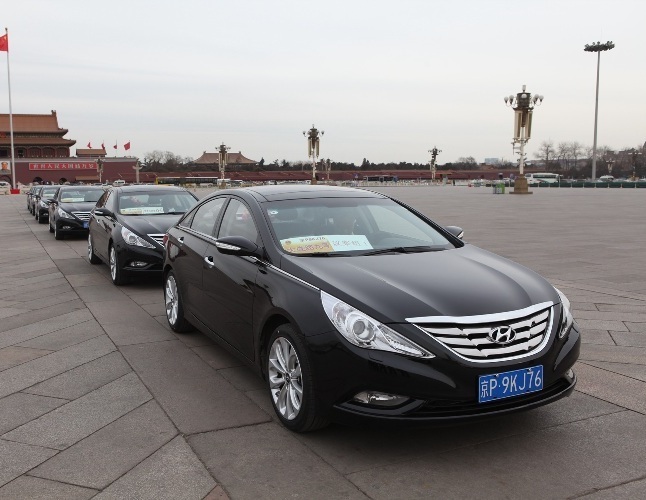 |
The significant drop in Hyundai’s sales in China, the carmaker’s biggest market overseas, was unprecedented since it began selling its cars in the neighboring country in 2002, said a public relations representative in Hyundai’s Seoul office.
“Since 2002, sales (in China) has been growing generally, so it was hard for us to imagine things like sales plunging by half,” he said.
It was the first time that combined sales by Hyundai and Kia in China had dropped under 100,000 units, except for the 95,235 units recorded in February last year, the carmaker added.
Industry insiders highlighted the escalating diplomatic conflict between South Korea and China as a major factor, saying that the nationwide boycott among Chinese consumers against Korean products is intensifying.
Using the anti-Korean sentiment to their advantage, some of Hyundai’s rivals in China have been appealing to Chinese nationalism, offering more benefits to customers who turn a cold shoulder to Korean products.
Calling it “THAAD marketing,” some Volkswagen dealers in China even provide discounts for customers who replace Korean cars with theirs, Yonhap News Agency reported, quoting insiders.
What Hyundai fears the most is that the sentiment sparked by the diplomatic row -- not by its reputation or some business error -- could last longer than expected, dealing a serious blow to the company at a critical time when it is seeking to expand its operation in China.
The carmaker has nine manufacturing facilities across China, including one factory currently under construction. When completed, Hyundai is set to secure production capability of 1.7 million units a year in China.
The country accounts for the largest 23.5 percent of Hyundai’s entire global sales with 1.14 million units a year. Kia also sold 65,006 units in China, 21.5 percent of its sales in foreign markets.
The fate of Korean companies including Hyundai in China remains uncertain as the process of positioning the anti-missile system, called Terminal High Altitude Area Defense, is currently underway.
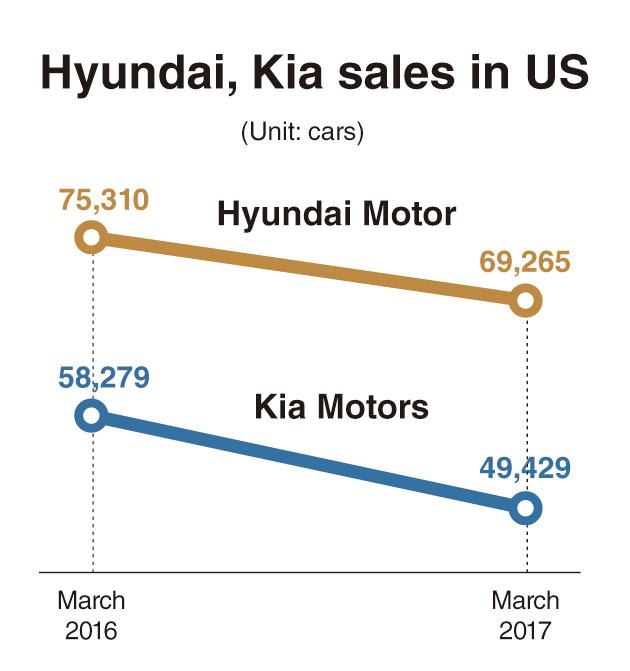 |
But the anti-Korean sentiment sparked by the defense issue is not universal in the country, some Chinese nationals said.
“I think there’s a generation gap among the Chinese, with younger people separating the THAAD issue from their choices of products while their parents’ generation (is) taking the case more seriously,” a customer in China told The Korea Heald via email.
“But it is true that there are a lot of people leaving online comments to boycott Korean products.”
Meanwhile, Hyundai and Kia also posted poor sales in the US last month.
Hyundai Motor sold 69,265 units, down 8 percent on-year, according to the company’s US branch. The firm has been seeing a gradual monthly increase in sales from January, but it still lags far behind last year’s sales. Sales of Hyundai Motor’s popular Sonata sedan took a toll on the overall US sales and slid by 46.4 percent on-year to 15,357 units in the US market last month, the company said.
“The Sonata model sold in the US lacks competitiveness in terms of design, which is an essential selling point. Once the latest New Rise Sonata hits the US market, sales of Sonata should be better off,” said Kim Pil-soo, a professor of automotive engineering professor at Daelim University.
Sales of Kia Motors further plunged by 15.2 percent to 49,429 units, the firm said.
The weak performance of Kia Motors’ leading SUV models Sportage, Sorento and Soul led to the overall sales decline, according to Kia Motors.
According to the analyst Kwon Soon-woo of SK Securities, aging models offered by Kia Motors, the downsizing of flea market auto sales and heated competition among rival auto brands added up to Kia’s weak sales there.
In brighter news for the automaker, Hyundai Motor saw its domestic sales grow by 2.6 percent last month, largely due to the launch of the Grandeur IG. A total of 13,358 Grandeurs were sold here last month, exceeding the 10,000-unit mark for the fourth consecutive month. Kia Motors, on the other hand, sold 47,621 units, down 5.7 percent in the local market, the firm said.
Global sales by Hyundai Motor account for 86 percent of its sales, while Kia sold 82 percent of its entire vehicles overseas last year.
By Cho Chung-un and Kim Bo-gyung/The Korea Herald (christory@heraldcorp.com) (lisakim425@heraldcorp.com)
Staff reporter Park Ga-young contributed to this article. -- Ed.




